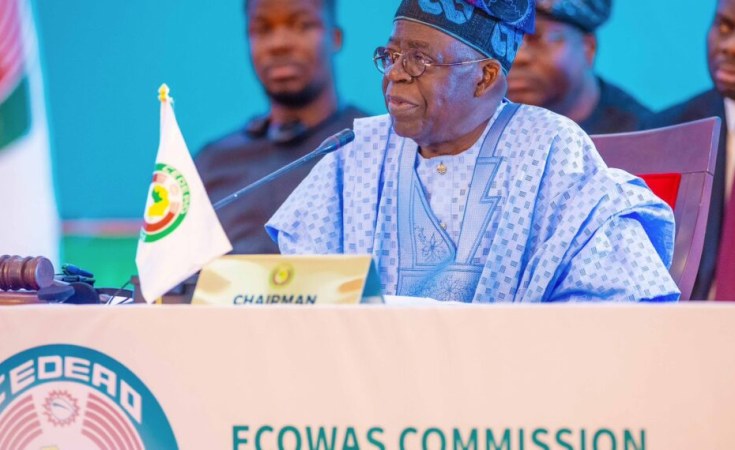The Economic Community of West African States (Ecowas) has been in the news lately - mostly for the wrong reasons.
The bloc is facing its biggest crisis since it was formed in 1975. Three of its 15 countries - Niger, Burkina Faso and Mali - have broken away and formed an alternative grouping, the Alliance of Sahel States.
While Ecowas held a meeting of its members' heads of state and government in Abuja on 7 July, Niger, Burkina Faso and Mali were holding a parallel meeting in Niamey, Niger's capital.
The three countries have vowed not to return to the Ecowas fold.
Niger, Mali and Burkina Faso have a few things in common: they are former French colonies and are currently led by military juntas.
At The Conversation Africa, we have been working with academic experts to gain insights into the implications of the breakaway group, and the future of Ecowas. Here are five essential reads that we have published on the developments in west Africa.
Niger as the final straw
On 26 July 2023, presidential guards in Niger detained President Mohamed Bazoum and the presidential guard commander, General Abdourahmane Tchiani, declared himself leader.
In response, Ecowas imposed sanctions on Niger. It also threatened military action against the junta. Olumba Ezenwa and Olayinka Ajala explain how the threat of military action spurred Burkina Faso and Mali - both under military rule and Ecowas sanctions - to form an alliance and mutual defence pact with Niger.
Read more: Ecowas: west African trade bloc shaken as three member states withdraw and form their own alliance
A not so common currency
Prior to the political crisis tearing at the heart of Ecowas, members of the regional bloc had been talking about creating a common currency.
But that took a hit when, on 11 February 2024, the head of Niger's military junta, General Abdourahmane Tchiani, spoke of the possible creation of a common currency among members of the breakaway countries. Thierno Thioune analyses the potential implications and feasibility of this move.
Read more: Burkina Faso, Mali and Niger hint at a new west African currency: what it'll take for it to succeed
Impact on trade
With Ecowas membership down from 15 to 12, there are important implications for free movement of goods and services across the region.
A foretaste of what this could mean for the region was seen when border closures were imposed as part of sanctions against the military coup in Niger.
Olivier Walther sets out the devastating consequences for the regional economy of border closures between the Sahelian states and coastal countries of west Africa.
Read more: West Africa trade will take a hit as Mali, Niger and Burkina Faso leave Ecowas
Migration hurdles
Choosing to walk away from the regional bloc also threw up questions of the impact this would have on the ability of Mali, Burkina Faso and Niger citizens to move around freely within the region. The arrangement within Ecowas is that citizens can move between countries in the region without a visa, and have a prospective right of residence and setting up businesses.
Franzisca Zanker, Amanda Bisong and Leonie Jegen argue that the three countries have much to lose if their departure from Ecowas curtails mobility.
Read more: Free movement in west Africa: three countries leaving Ecowas could face migration hurdles
There might yet be a solution
Seeking a solution, Ecowas has mandated Senegal's President Bassirou Faye to act as a special mediator with the breakaway states. This was one of the decisions reached at the recent summit of Ecowas heads of state and government.
Ahead of the summit, Olayinka Ajala identified six steps Ecowas leadership could take to end the rift and restore confidence in the regional bloc.
Read more: Ecowas: 6 steps the leaders can take to restore stability and growth in west Africa
Adejuwon Soyinka, Regional Editor West Africa


